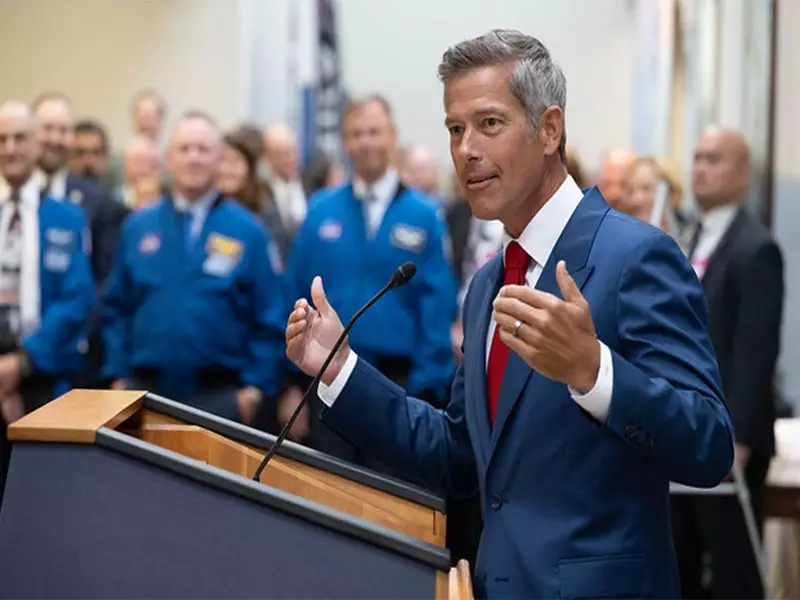
In a significant development that could reshape America's return to the Moon, NASA is preparing to open its coveted Human Landing System (HLS) contract to include Jeff Bezos' Blue Origin. This strategic move comes amid ongoing delays with SpaceX's Starship program, which currently holds the primary contract for NASA's Artemis lunar missions.
Space Race Heats Up as NASA Seeks Alternatives
The space agency's decision marks a pivotal moment in the new space race, creating opportunities for multiple players in the lunar landing arena. While SpaceX remains NASA's primary partner for the initial Artemis missions, the extended timeline has prompted the agency to diversify its options.
Elon Musk, SpaceX's CEO, responded to the development with characteristic brevity, stating simply that his company "probably won't sue" over NASA's decision to bring additional partners onboard. This marks a departure from previous legal battles that characterized the early stages of the HLS competition.
What This Means for America's Moon Program
The expansion of the HLS program represents NASA's commitment to ensuring multiple pathways for American astronauts to reach the lunar surface. This redundancy strategy aims to prevent single points of failure and maintain the ambitious timeline for establishing a sustainable human presence on the Moon.
Blue Origin, which had previously protested NASA's original decision to award the contract solely to SpaceX, now finds itself in a position to potentially secure a significant role in the Artemis program. The company's Blue Moon lander concept has been under development for several years, positioning them as a strong contender for future lunar missions.
The Road Ahead for Lunar Exploration
Industry experts see this as a positive development for space exploration overall. Having multiple capable providers competing for lunar landing contracts could drive innovation, reduce costs, and accelerate the timeline for returning humans to the Moon.
As NASA prepares to formalize this expanded approach, the space community watches closely to see how this renewed competition between two of the world's wealthiest entrepreneurs will shape the future of lunar exploration and potentially, humanity's journey to Mars and beyond.





